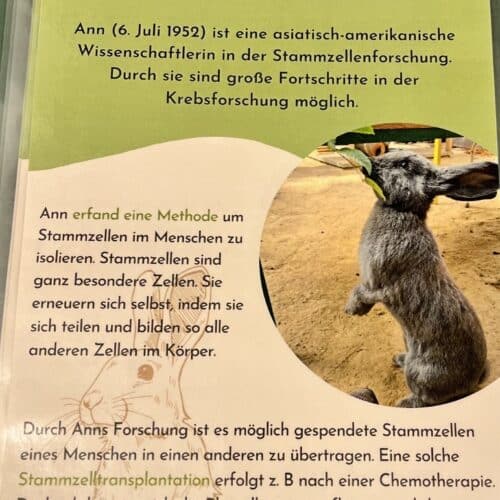OUR PHILOSOPHY IN DEALING WITH HORSES
Our concept of horse husbandry is complex because it is based on the natural needs of horses. Key words for our horse husbandry are: variety, self-determination, conspecifics, employment, exercise
Dealing with animals
Animals have a consciousness, feelings and a psyche that is similar to that of humans in their basic needs. They deserve that their personality and their privacy are respected, in return we expect them to behave in a way that conforms to the necessary rules of living with people. This agreement creates a cooperative interaction between our animals and our clients.

Handling horses
We have a total of 20 horses. All horses used in the therapy area have enjoyed two to three years of basic training and are only then allowed to work as e-motion therapy horses. This brings with it a high degree of reliability coupled with a lot of “mind” on the part of the animals for their job.
Horses are creatures like humans; this does not mean that horses should be "humanized" in terms of our cultural techniques, but that the basic feelings and needs of horses and humans are similar. Horses are not sensible (in our sense), so we have to "take care" of them like children.
Horses are herd animals. They know there is a hierarchy and they must be able to fully trust their leader animal or human "leader". You must, of course, be able to assume that he or she is assessing each situation correctly. Only when they have that trust will they show respect. Trust has nothing to do with how "kind" someone treats their horse. Very cautious, coddling, questioning, mothering behavior can give horses the feeling that humans do not want to bear the responsibility of being the leader, but are looking to the horse for protection. This does not lead to trust and consequently also not to respect, depending on the type of horse, the horse will "take the reins into its own hands" and try to bring this person to safety to the best of its horse's knowledge and conscience. But it will not go with this person because it does not trust him.
It is important to be a clear, real partner to the horses. Horses have a very keen sense of human "arts of concealment". This means that if I want something from a horse, I have to state it clearly as my wish and not as a question.
Pressure always generates counter pressure. Pulling, bumping, etc. usually trigger very clear counter-reactions. Mental pressure (gesturing, talking, stretching out...) is always preferable to physical pressure, as physical pressure creates counter-pressure.
Animal husbandry and animal welfare at e-motion
E-motion is aware that the therapy horses are at the heart of the therapeutic work and that they achieve great things every day. Scientifically sound and professional therapeutic work has always been important to us, but to the same extent we also feel obliged to “our” animals, whose well-being and care means a great deal of responsibility. The essential feature of the therapeutic method is the assumption that ANIMALS can do many things better than humans and can thus help us with their sensitivity to body language. Each client learns to interpret the language of the horses and enter into a dialogue with the horse that touches the human soul.
We have horses, sheep, rabbits, guinea pigs and dogs. For all animal species, we not only meet the animal welfare guidelines in animal husbandry, but also set new standards in many areas. Our rabbits live on 100m² with many tubes and caves and a multi-storey wooden house in an outdoor enclosure. The sheep graze in the orchard and have a "villa", the horses have a multi-part and very well thought-out open stable, a place to roll in sand and sleep, a small forest as insect protection, etc. The "apartments" of the animals are mucked out several times a day, spring troughs are everywhere Swimming pool available. It doesn't matter whether it's a horse, sheep or dog: the animals have been specially trained, have areas of retreat, live in groups of people or animals depending on their needs and fulfill great tasks for our children and young people.
The use of the animals at e-motion is recorded in a timetable, and the training is supplemented by further training and weekly concepts. No animal may work more than 4 hours a day (therapy is not physically but mentally demanding work) and each must have two days off per week. In addition, all animals have a supervisor (reference horse supervisor) who takes care of leisure activities and relaxation as well as muscle and balance training.
Many of our horses come from difficult backgrounds, animal shelters or slaughterhouses. All were disturbed and difficult personalities, had to be cared for physically and mentally healthy and have become so special through years of training that they help people today as therapy animals. The horses complete a three-year training course, only then do they slowly and well thought out get a taste of the therapy. Even if these training and animal husbandry criteria apply to us mean a great financial effort and are very time-consuming - for years we have seen a big difference in quality and the species-appropriate and needs-oriented husbandry of our animals is important to us. The personal well-being of each animal contributes significantly to the well-being of the sick children - we are not only responsible for the children and families who seek help from us: the protection and creation of quality of life for our big and small four-legged friends is also part of our task and part of the therapeutic work.
AWARD
2008: Award from the Swiss Association for Remedial Riding (the only association in Europe that carries out such tests): Award for particularly exemplary horse businesses in the service of people with special needs. Categories such as husbandry, open stables and training, as well as wheelchair suitability and sanitary facilities and parents' waiting room are decisive here!
2011: LAG Pferderevue Award category species-appropriate horse husbandry: Austria-wide submission and award of open stables
2012: Award of the Federal Animal Protection Prize by the Federal Ministry of Health
Our therapy horses
Contact with horses is stimulating and relaxing at the same time: these animals touch us particularly on an emotional level through their analogue communication and encourage us to keep moving mentally and physically. Horses approach people with a fearless and impartial mind. They see us differently because they don't read the social codes of dress, beauty and norms. Your senses read in the expression, in the body language and in the quality of movement. Horses can see emotion in our movements.
Training to become a therapy horse is very complex and takes a long time. However, once this has been completed, horses can support equotherapy in the following ways:
The therapy horse as a mouthpiece for feelings.
Therapy horses serve the therapists as loudspeakers of emotions. But the clients should also learn to interpret the language of the horses and try out emotional feedback.
The therapy horse as entertainer and companion.
Therapy horses are the motivation for many clients to jump over their own shadow and to face topics and exercises. Incidentally, horses reduce fears and embarrassment. Horses hold therapy sessions in the here and now and turn the seriousness of the situation into a game.
The therapy horse as a trainer for life.
In the course of games and tests of courage, in individual or group exercises, the clients deal intensively with the therapy horses. This results in good training for life, everyday life and contact with fellow human beings
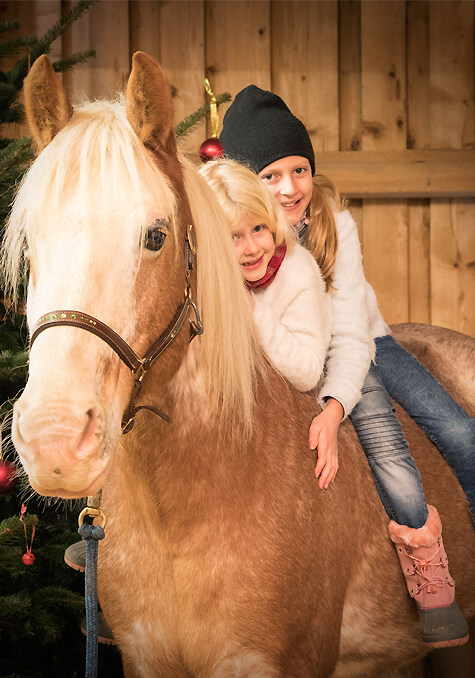
OUR PEOPLE WITH FACTS
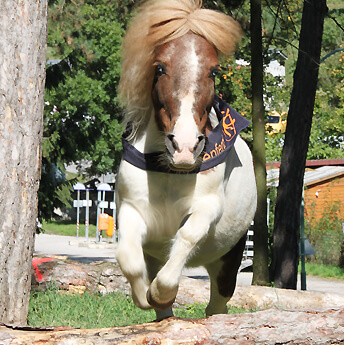
Alaska
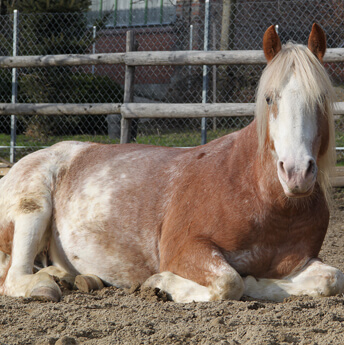
Rain of Atacama
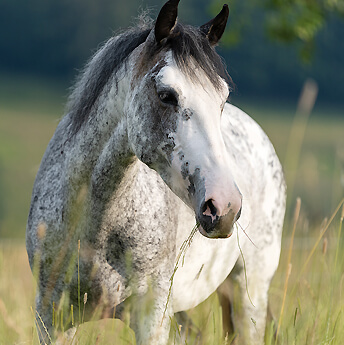
cocuya
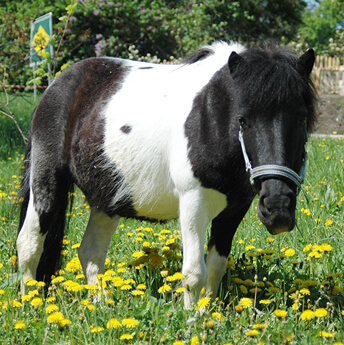
Daisy
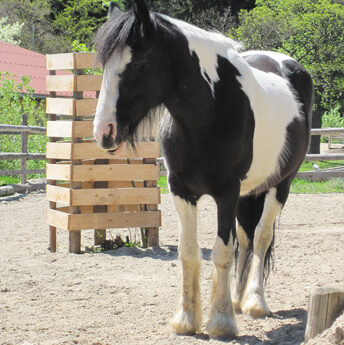
Farah
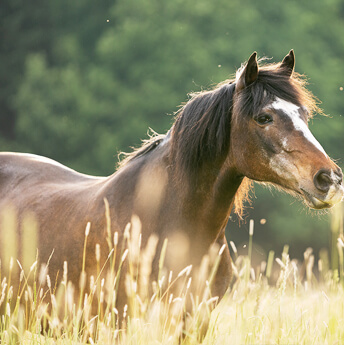
El good Felicity
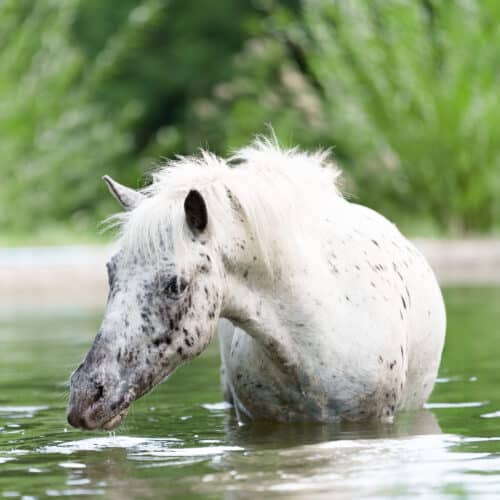
Frederick Punkti Strichi from and to Lichtblickhof
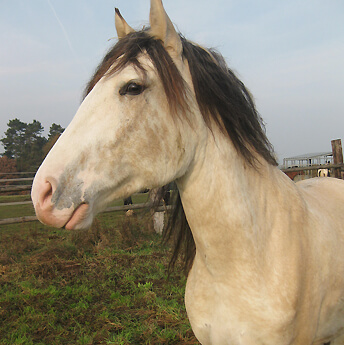
Jokki Golfi Macciato
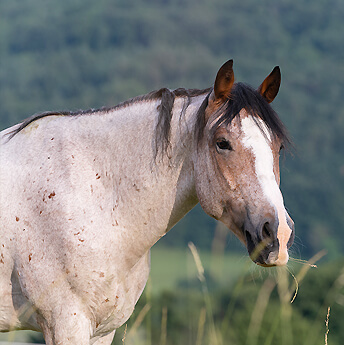
Inti Jallu Kurumi
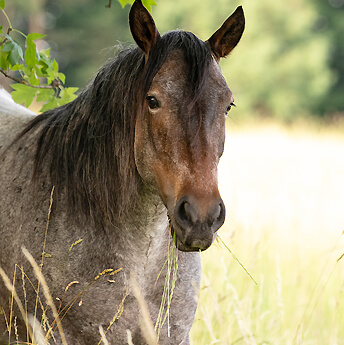
Kiwi Tejon
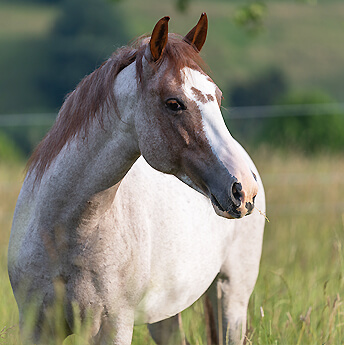
MIAKODA
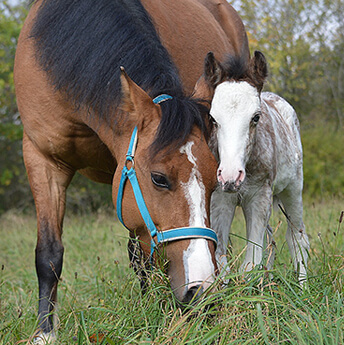
Pipi – La Esperanza Pipistrela
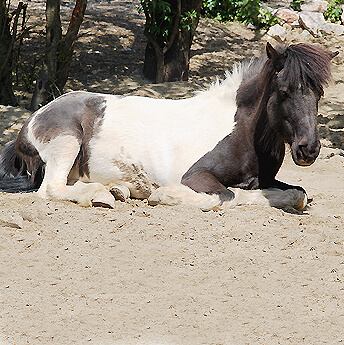
Princess Fra Storadal
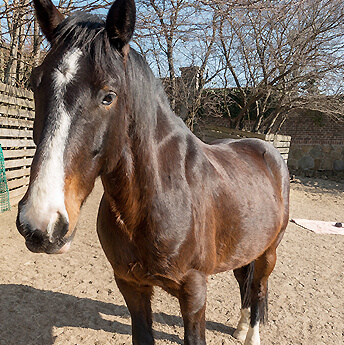
Rüdiger
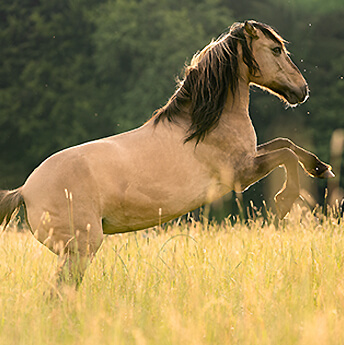
sorita
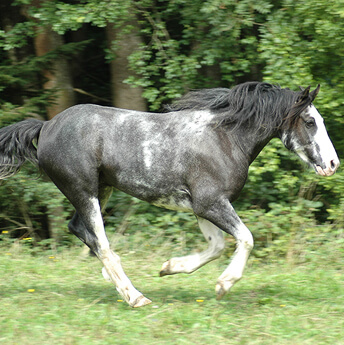
Tamino
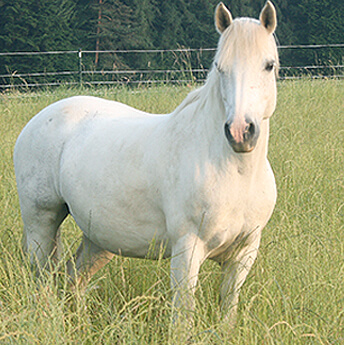
Tokata
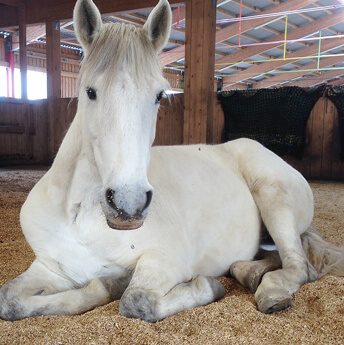
Vanoukie
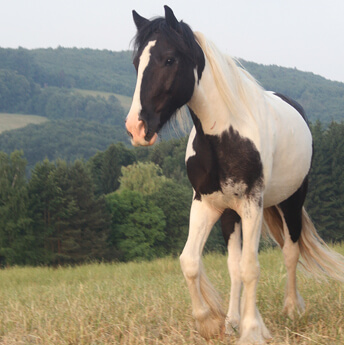
Mr. Yakari Carant
OUR four paws
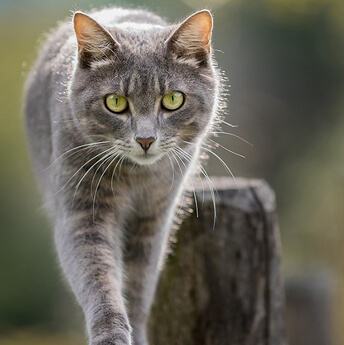
Fuchur
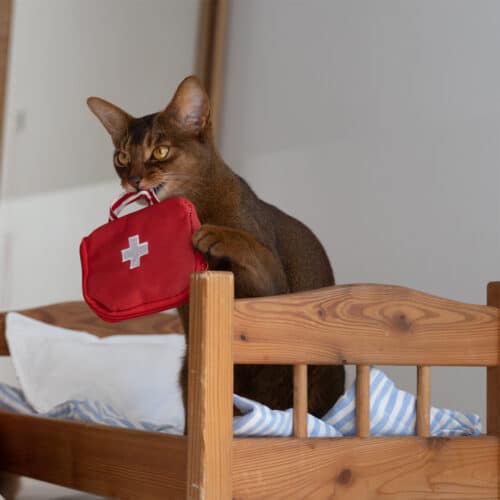
Jonathan
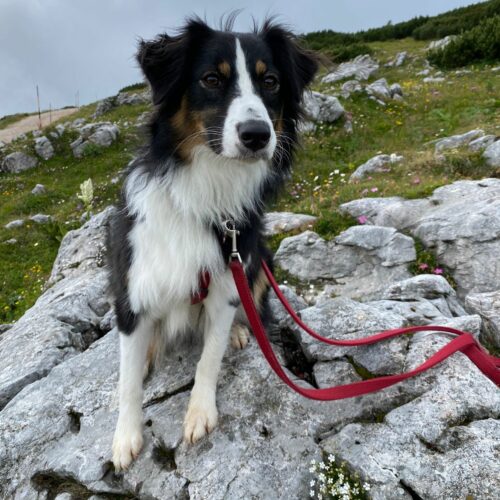
Ahyoka
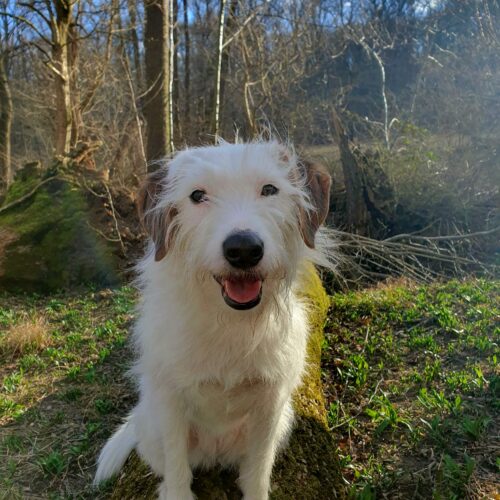
Lilly
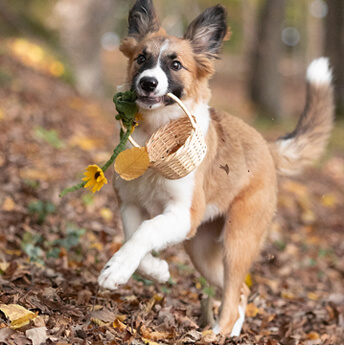
Jolijana
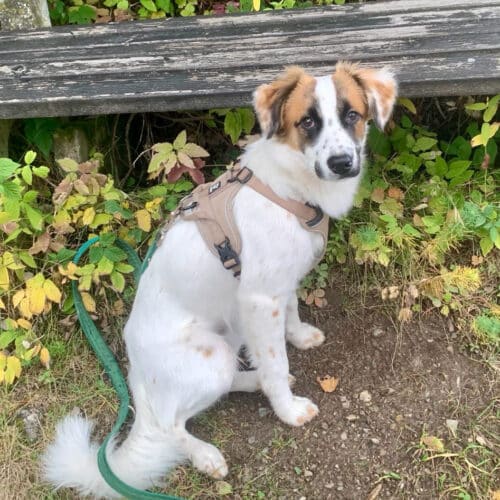
Remus
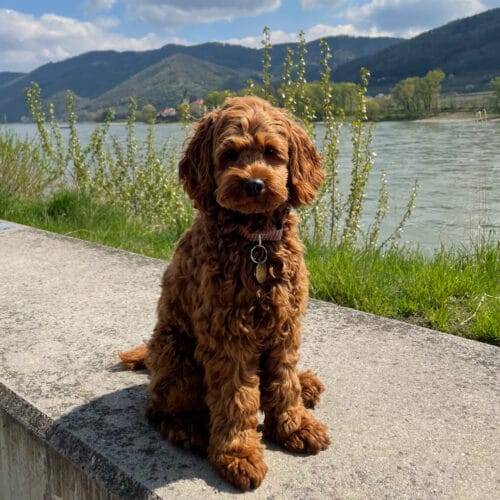
Yona
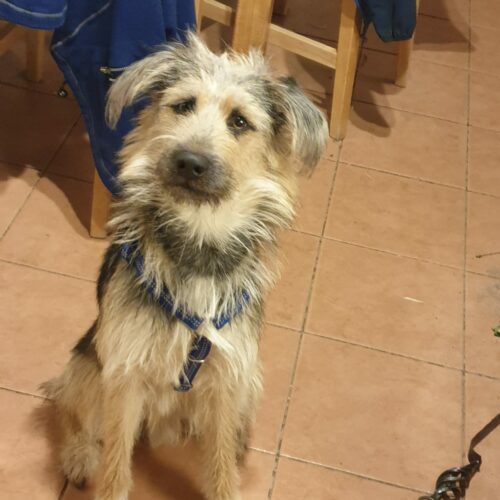
Benji
OUR small animals
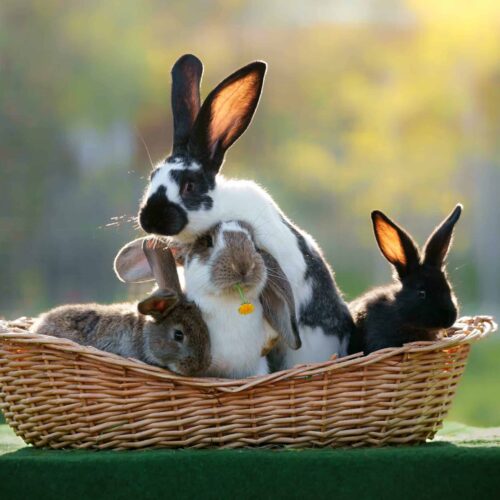
New rabbit babies looking for names
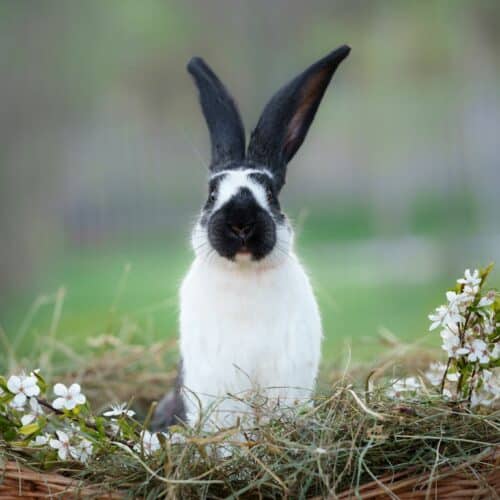
Felix

Salvi
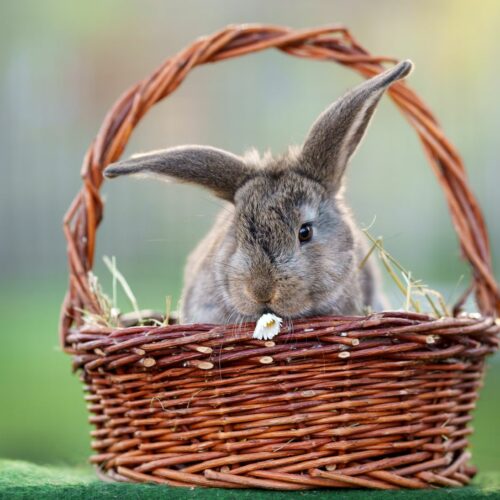
Bugs Bunny
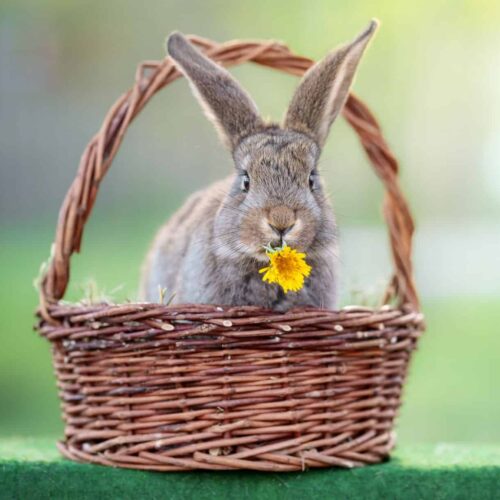
Ronny
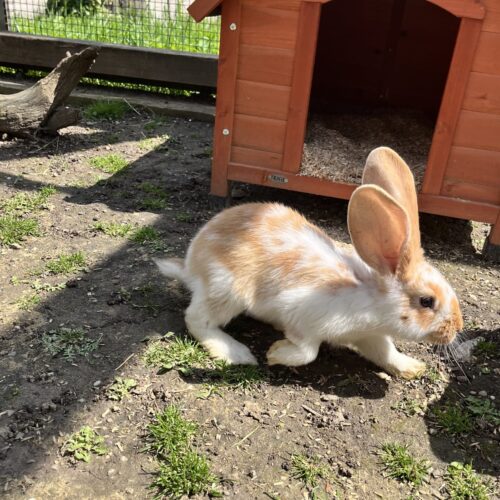
Rice

Paul

Kuschel
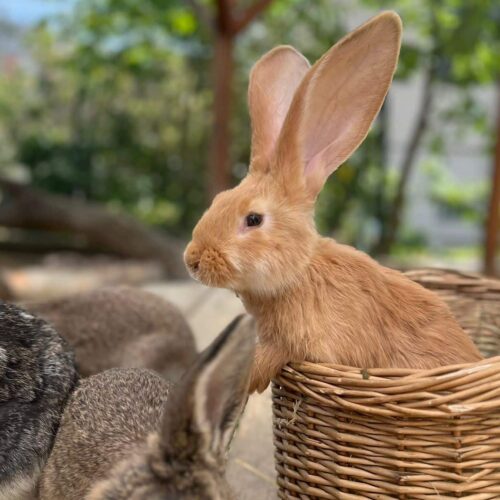
Caramel
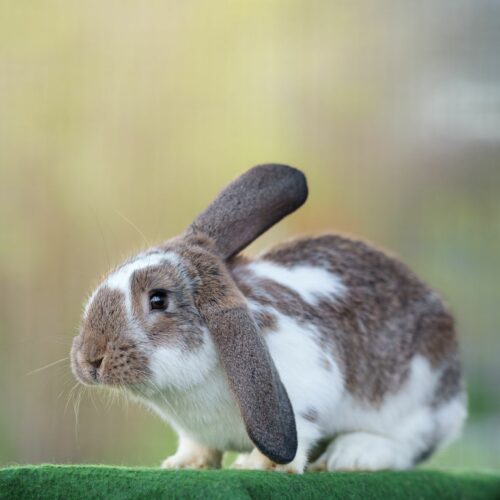
Coco
Our group of rabbit boys lives in our large rabbit enclosure and is happy to spread joy with their cheeky and funny way. Sooooooo fluffy!
If you want to work with the “small” animals, you need one thing above all: a lot of patience and empathy!
Sometimes they give anxious children access to the enriching world of animals, and they teach boisterous children to discover slowness and the art of small, mindful movements.
sheep
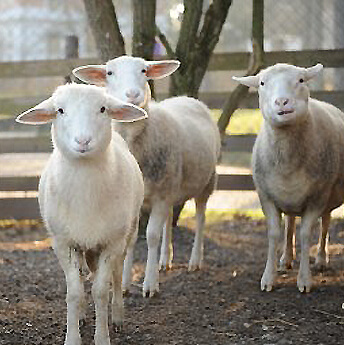
Sheep
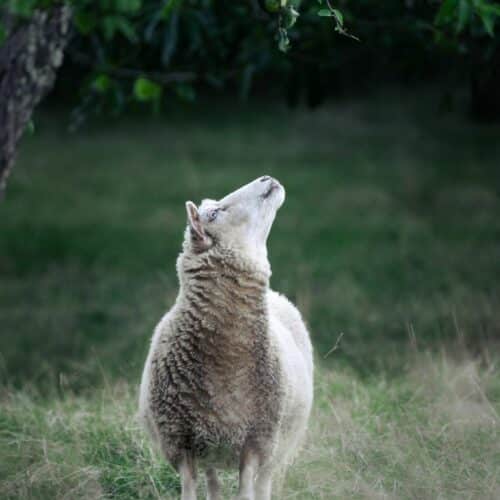
Aschenputtel
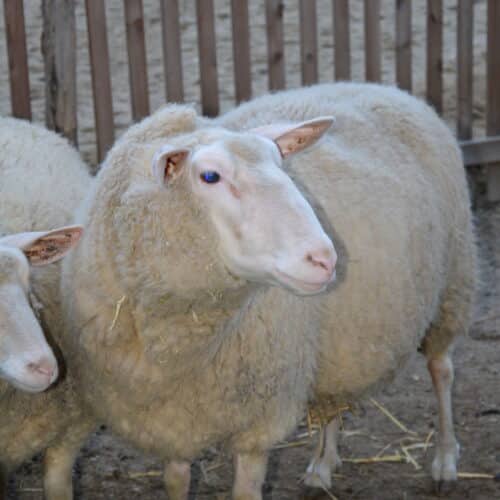
Helenchen
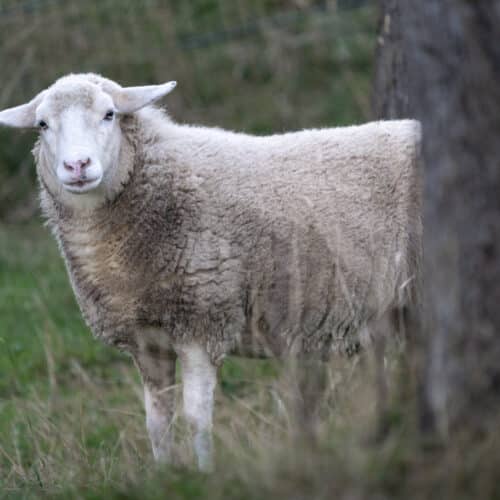
Grace
In Memoriam
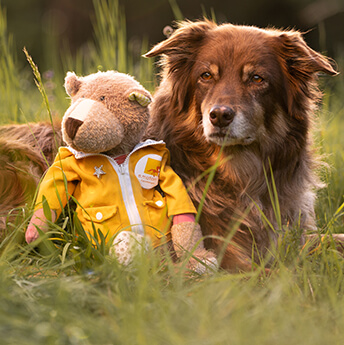
Nayeli
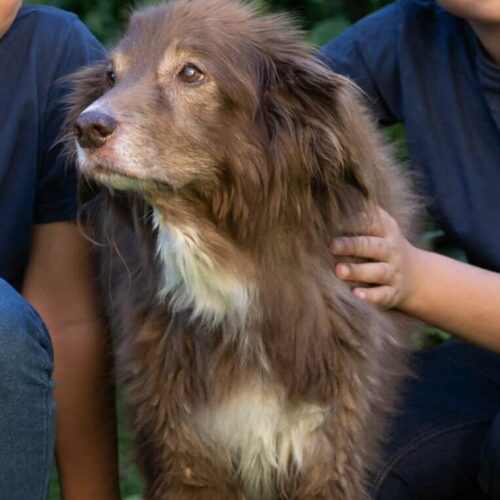
Civita
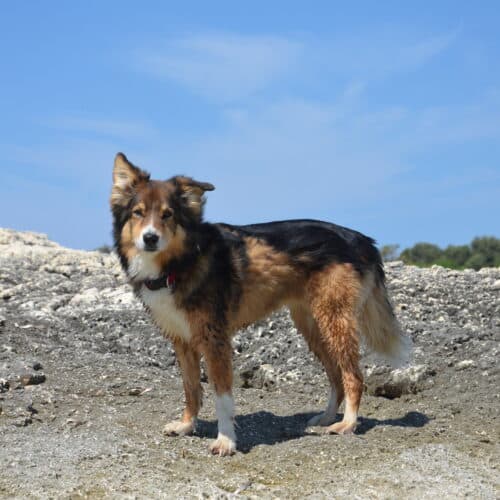
Leonie Lionheart
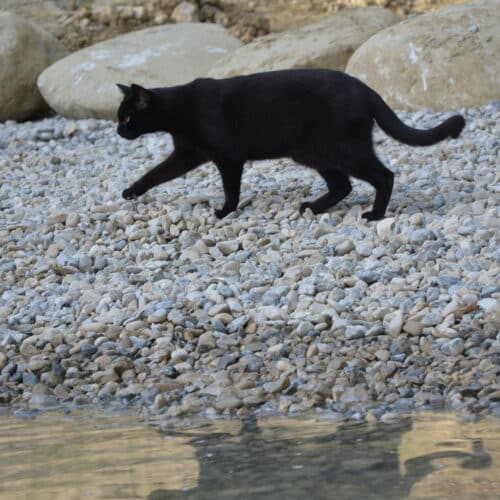
Tintifax
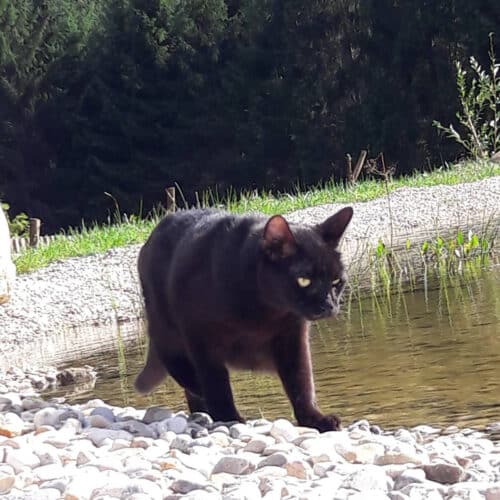
Bruxinha
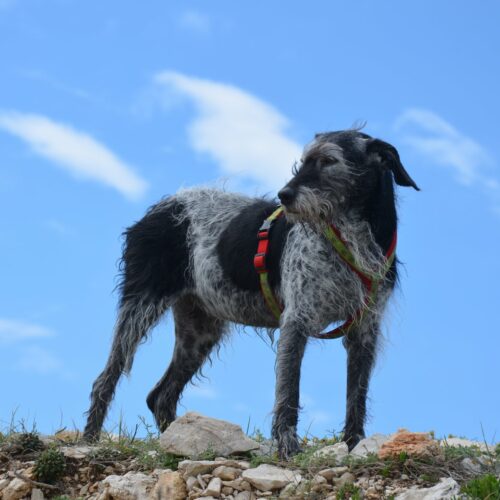
Maja
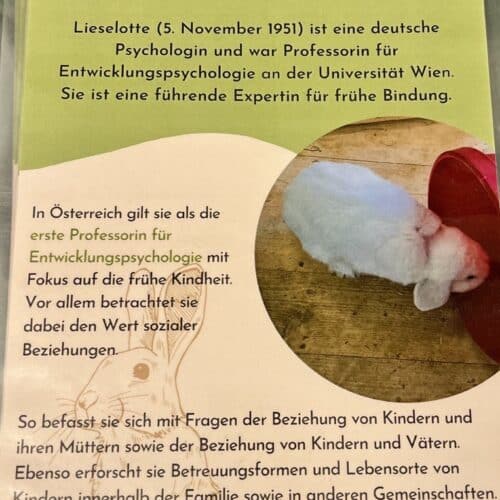
Lilo
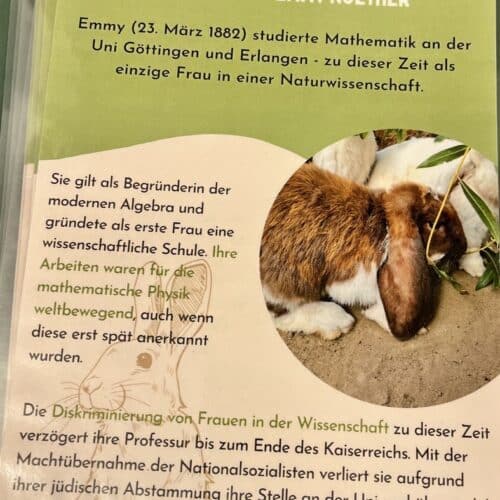
Emmy
